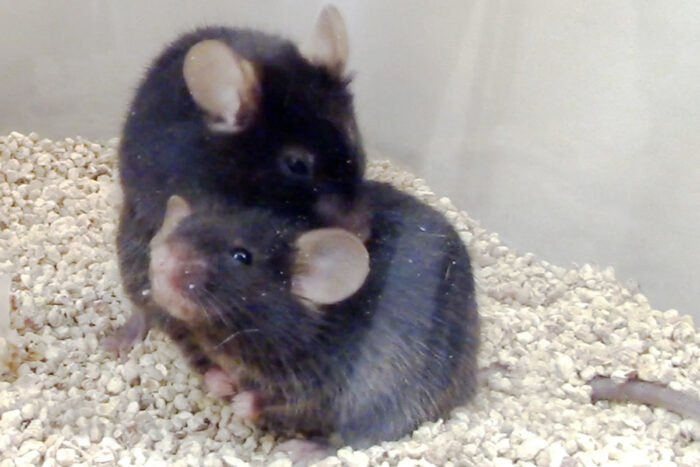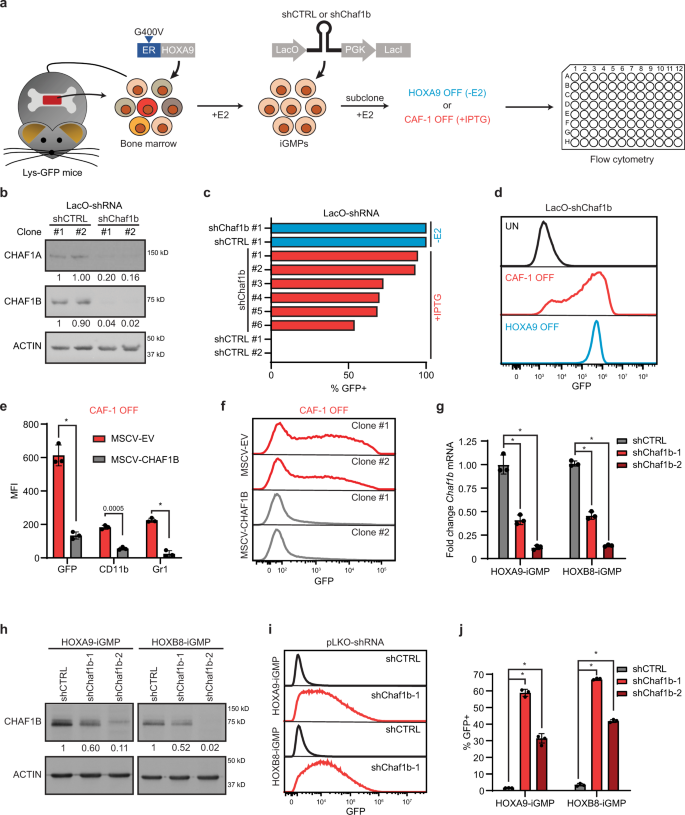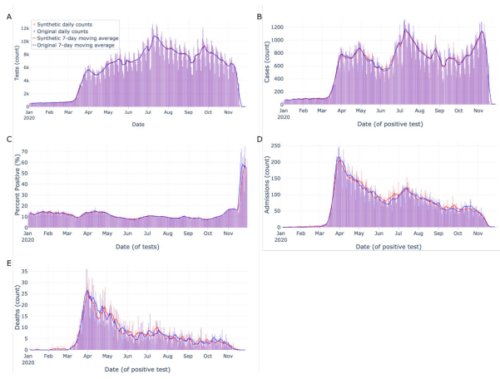かゆみと同様に、心地よい感触は、特定の神経ペプチドと神経回路によって伝達される。 Similar to itch, pleasant touch transmitted by specific neuropeptide and neural circuit
2022-04-28 ワシントン大学セントルイス

Mice engage in grooming behavior, experiencing a phenomenon researchers call pleasant touch. Researchers from the Washington University Center for the Study of Itch and Sensory Disorders have identified a specific neuropeptide and a neural circuit that transmit pleasant touch from the skin to the brain. The findings eventually may help scientists better understand and treat disorders characterized by touch avoidance and impaired social development.
例えば、抱きしめる、手をつなぐ、撫でるなどの触れ合いは、感情的な幸福感や健全な発達に重要であることが知られている心理的な高揚を引き起こします。快感をもたらす神経ペプチドとその回路を特定することは、自閉症スペクトラム障害など、触覚回避や社会性の発達障害を特徴とする疾患の理解や治療に役立つ可能性がある。
本研究成果は、4月28日発行の米科学誌「Science」に掲載されます。
<関連情報>
- https://medicine.wustl.edu/news/neural-pathway-key-to-sensation-of-pleasant-touch-identified/?_ga=2.7570034.1941026944.1651238562-531768696.1642754088
- https://www.science.org/doi/10.1126/science.abn2479
心地よい触覚の分子・神経基盤 Molecular and neural basis of pleasant touch sensation
BENLONG LIU,LINA QIAO,KUN LIU,JUAN LIU,TYLER J. PICCINNI-ASH AND ZHOU-FENG CHEN
Science Published:28 Apr 2022
DOI: 10.1126/science.abn2479
Abstract
Pleasant touch provides emotional and psychological support that helps mitigate social isolation and stress. However, the underlying mechanisms remain poorly understood. Using a pleasant touch–conditioned place preference (PT-CPP) test, we show that genetic ablation of spinal excitatory interneurons expressing prokineticin receptor 2 (PROKR2), or its ligand PROK2 in sensory neurons, abolishes PT-CPP without impairing pain and itch behaviors in mice. Mutant mice display profound impairments in stress response and prosocial behaviors. Moreover, PROKR2 neurons respond most vigorously to gentle stroking and encode reward value. Collectively, we identify PROK2 as a long-sought neuropeptide that encodes and transmits pleasant touch to spinal PROKR2 neurons. These findings may have important implications for elucidating mechanisms by which pleasant touch deprivation contributes to social avoidance behavior and mental disorders.


